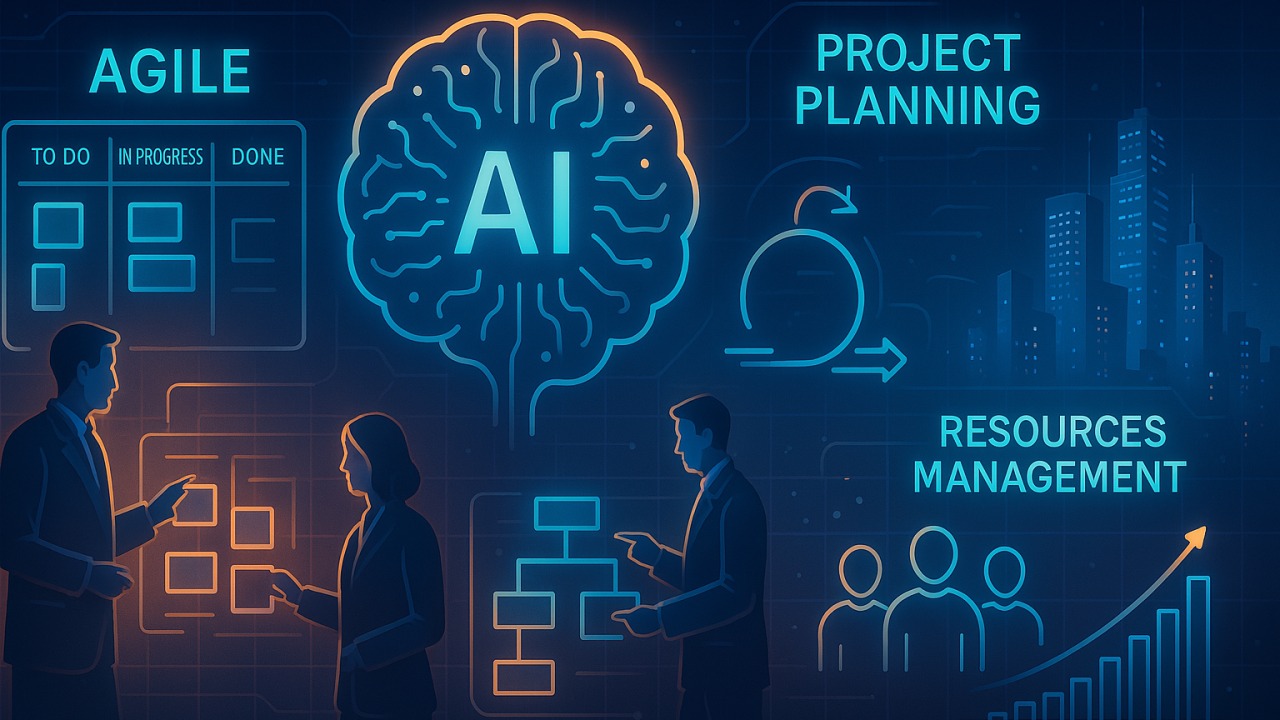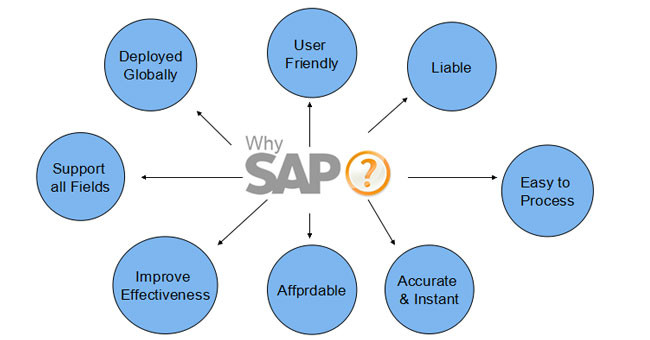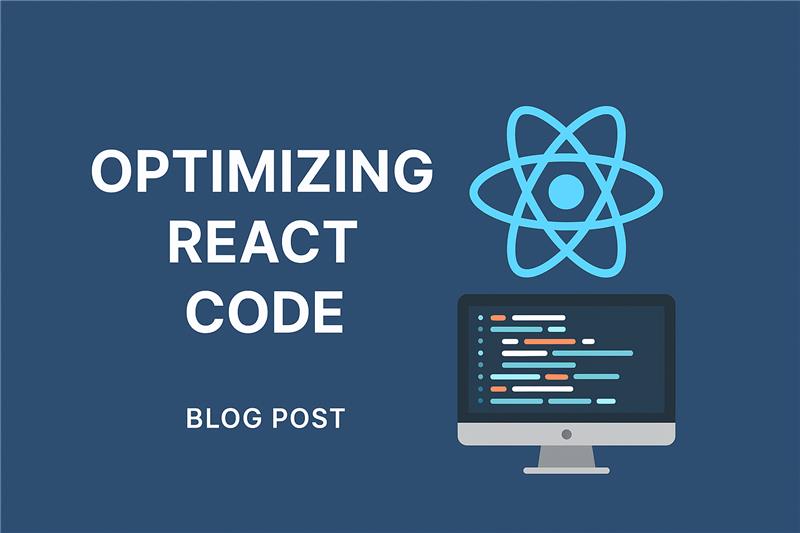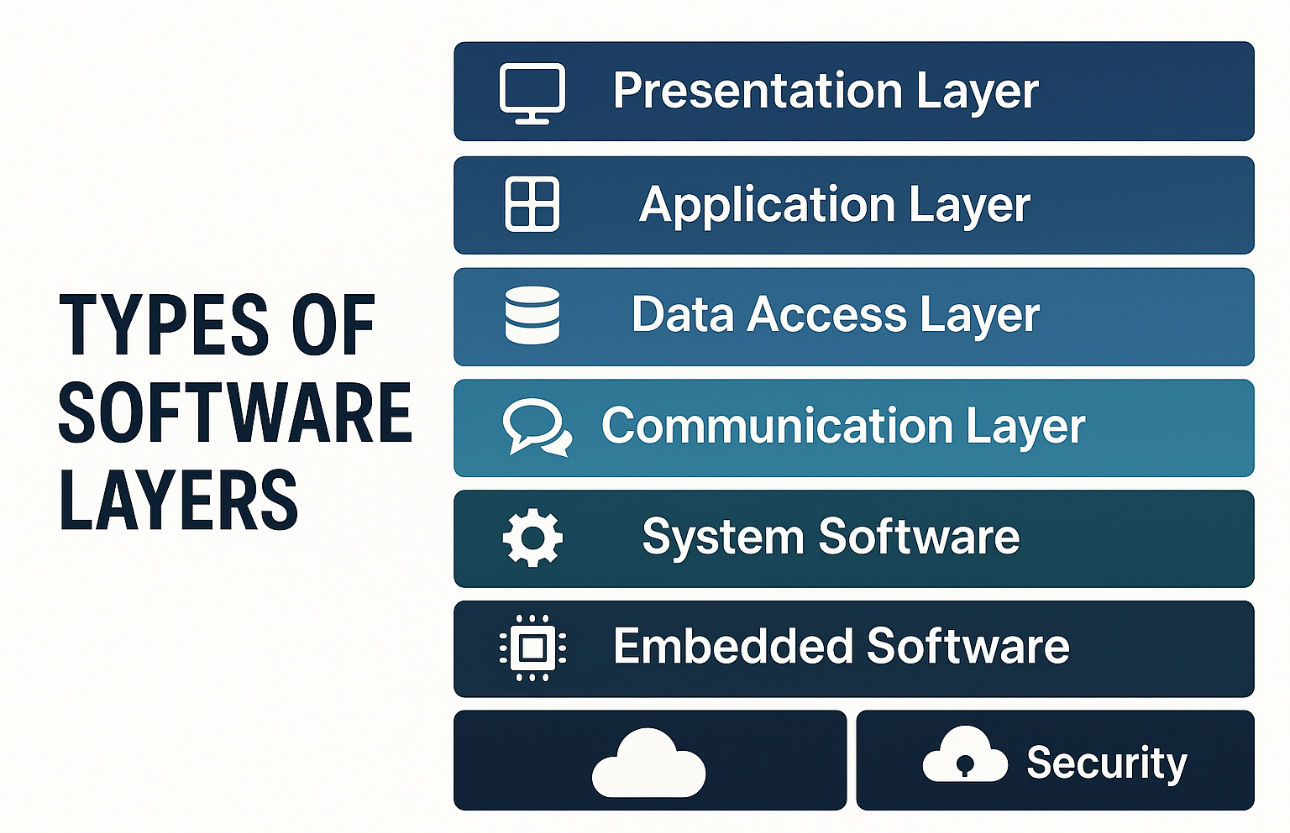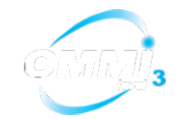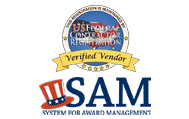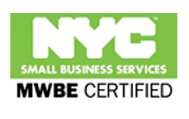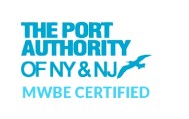
In today’s digital age, the Internet of Things (IoT) is reforming how enterprises operate, offering extraordinary connectivity and data insights. By integrating IoT with Enterprise Resource Planning (ERP) systems like Oracle Fusion, PeopleSoft, and SAP, businesses can achieve remarkable efficiency gains and operational enhancements. Here’s how IoT-ERP integration is revolutionizing industries with specific use cases:
1. Predictive Maintenance in Manufacturing
IoT sensors embedded in machinery and equipment monitor performance metrics in real time. This data is seamlessly integrated into ERP systems such as Oracle and SAP, enabling predictive maintenance. For instance, sensors detect anomalies indicating potential failures, triggering automated maintenance alerts in ERP. This proactive approach minimizes downtime, reduces maintenance costs, and optimizes production efficiency.
2. Real-Time Inventory Management in Retail
IoT devices like RFID tags track inventory movement throughout warehouses and retail stores. Integrated with Oracle Fusion ERP or SAP, real-time data on stock levels and sales trends facilitate automated replenishment orders. Retailers can maintain optimal inventory levels, reduce out-of-stock instances, and enhance customer satisfaction through timely product availability.
3. Fleet Management in Transportation
IoT-enabled GPS trackers and sensors monitor vehicle performance, fuel consumption, and driver behavior. When integrated with ERP systems, this data provides comprehensive insights into fleet operations. Transportation companies leverage real-time analytics to optimize routes, improve fuel efficiency, and ensure regulatory compliance, ultimately lowering operational costs and enhancing service reliability.
4. Smart Building Solutions in Facilities Management
IoT sensors in buildings monitor environmental factors such as temperature, lighting, and energy usage. Integrated with ERP, facility managers gain centralized control over building systems. They can adjust HVAC settings based on occupancy data, schedule maintenance proactively, and implement energy-saving initiatives. This integration enhances operational efficiency, reduces energy costs, and supports sustainable building practices.
Benefits of IoT-ERP Integration
- Data-Driven Decision Making: Real-time data from IoT devices integrated with ERP systems empowers informed decision-making and strategic planning.
- Operational Efficiency: Automation and predictive analytics streamline processes, reduce manual tasks, and optimize resource allocation across departments.
- Cost Savings: Proactive maintenance, optimized inventory management, and efficient fleet operations lead to significant cost reductions and improved profitability.
Embracing IoT-ERP integration positions enterprises at the forefront of innovation, driving competitiveness and sustainability in current connected world. By leveraging IoT’s capabilities within ERP frameworks like Oracle Fusion, PeopleSoft, and SAP, businesses can unlock higher efficiencies and deliver enhanced value to customers and stakeholders alike.
Related Posts
Empowering Business Analysts: How AI is Revolutionizing Agile Practices
In today's fast-paced digital landscape, Agile methodologies are no longer optional— they're essential for organizations…
What is SAP? How does it work?
The full form of "SAP" is “Systems Applications and Products in Data Processing” which is…
Optimizing React Performance: An Advanced Guide for Scalable Applications
In today’s fast-paced digital ecosystem, software systems have become the backbone of every enterprise’s technological…
Types of Software Layers
In today’s fast-paced digital ecosystem, software systems have become the backbone of every enterprise’s technological…

